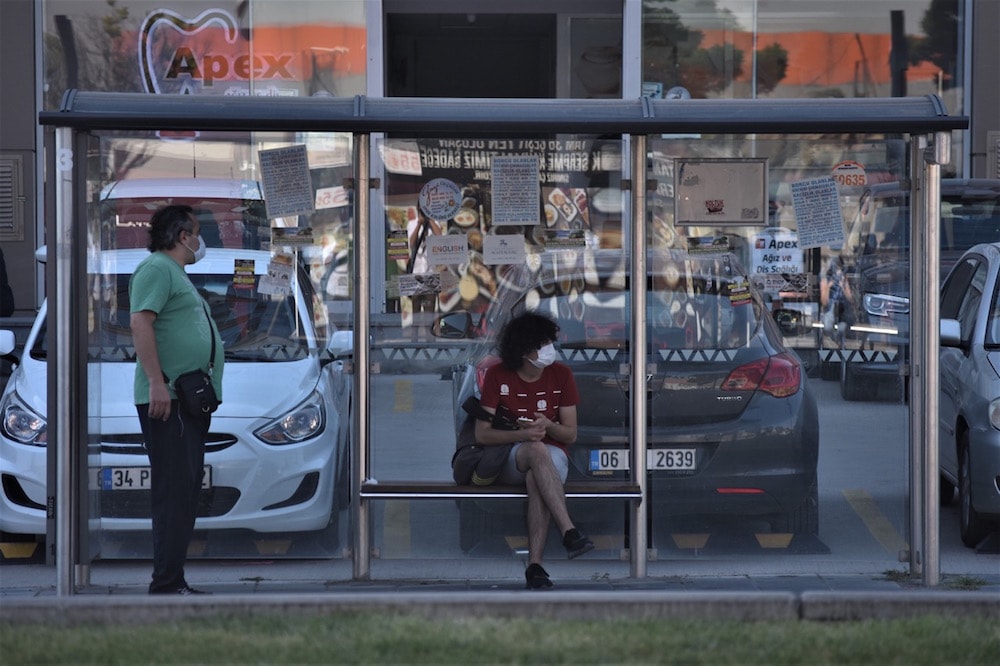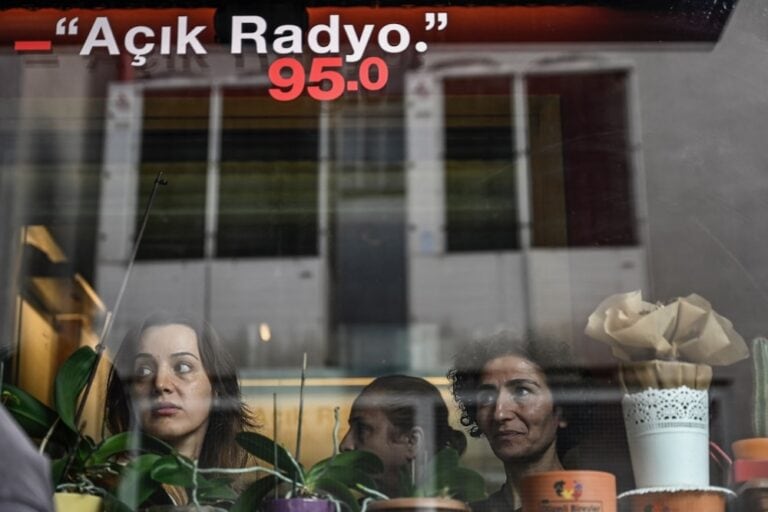“The internet in Turkey is already under tremendous pressure from the government. This latest regulation covers everything the government didn’t previously have the power to restrict.... the purpose here is to intimidate the people, to get them to not log in or criticise or use their freedom of expression".
This statement was originally published on expressioninterrupted.com on 29 July 2020.
On 29 July 2020, the Turkish Parliament passed a bill drafted by President Recep Tayyip Erdoğan’s ruling Justice and Development Party (AKP) and its ally Nationalist Movement Party (MHP), aiming to expand government control over social media.
Speaking to P24 as Parliament was about to begin debates on the draft law, HDP Deputy Ömer Faruk Gergerlioğlu and CHP Deputy Utku Çakırözer expressed concerns that the legislation would further weaken freedom of expression in Turkey.
The law makes it compulsory for social media companies based outside of Turkey to have a legal representative in Turkey and to keep user data from Turkey locally. They will also be held liable in case of failure to comply with court orders to ban access to or remove content. The bill was introduced in Parliament on 21 July and approved by the Justice Commission on 23 July.
Recalling that Turkey ranks 154th out of 180 countries in the 2020 World Press Freedom Index issued by Reporters Without Borders (RSF), Gergerlioğlu said: “We already have a fairly bad record in the area of freedom of expression and the bill will curb it even more.”
Regarding social media providers being obliged to store user data in Turkey, a country with over a million users, and assign a local representative, Gergerlioğlu commented: “This will limit the situation to Turkish laws and those who try to expand the narrow space for freedom of expression through social media will be restricted as well. We think that social media users who try to express their opinions, albeit with restraint, may have to withdraw from social media. Of course there should be certain limits to insulting and swearing but the main intention here is to limit freedom of expression. For this reason we are against the bill.”
“A profound obstacle”
“In an environment in which the judiciary was already politicized, content that doesn’t serve the purposes of the government will be removed or blocked. This is a profound obstacle to freedoms,” Gergerlioğlu said, adding that content against government affiliates, such as content that may be grounds for prosecution in the future, will be scrubbed off the web.
Touching on the heavy administrative fines social media platforms will face if they fail to comply with requirements, Gergerlioğlu suggested that the government sees this as an opportunity to generate revenue.
Commenting on how users’ online behavior may change through the regulation, Çakırözer said: “Social media providers are asked to store data in Turkey. In the future, data or information will be accessible for use in judicial proceedings. State authorities having ease of access to people’s private information will be dissuading for social media users. People will begin to censor themselves even more than before.”
“Network providers will be pushed to leave the Turkish market”
Çakırözer argued that the regulations may push social network providers to leave the Turkish market: “This will be a significant loss for users in Turkey. On the one hand it will cause users to self-censor, and on the other, freedom of expression will be limited just because the state wanted it to be censored.”
Referring to the 2019 EngelliWeb Report of the Freedom of Expression Association (İFÖD), Çakırözer noted that access to 408,494 websites are currently blocked in Turkey.
“The internet in Turkey is already under tremendous pressure from the government. This latest regulation covers everything the government didn’t previously have the power to restrict. In actual fact, the purpose here is to intimidate the people, to get them to not log in or criticize or use their freedom of expression, so that social media becomes a rose garden without thorns,” Çakırözer said.
“A step towards becoming a closed regime”
Concerning “the right to be forgotten” in the proposed legislation, Çakırözer said: “This implies destroying our collective memory. Many of the topics we discuss on the Internet, such as corruption, persons unlawfully appointed to government posts and incompetence will be scrubbed off the archives.”
He added: “Regulations may be necessary and of course rights and freedoms have their limits. However, it is concerning that the purpose of these regulations is to censor and silence the people. The regulation will not only censor and pressure citizens and remove their freedom of expression, but will force citizens to self-censor even further. Unfortunately Turkey will take a dire step towards becoming a closed regime like North Korea. We are trying our best to prevent this.”



